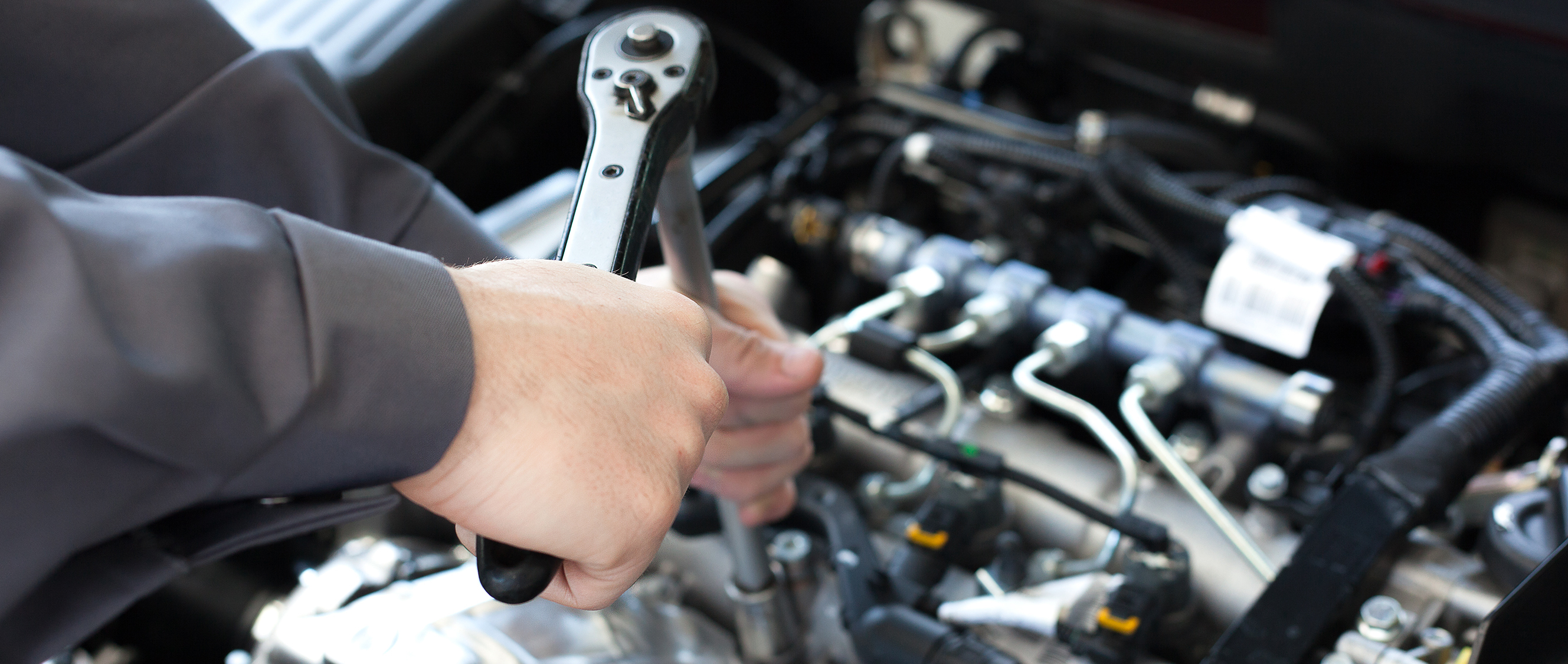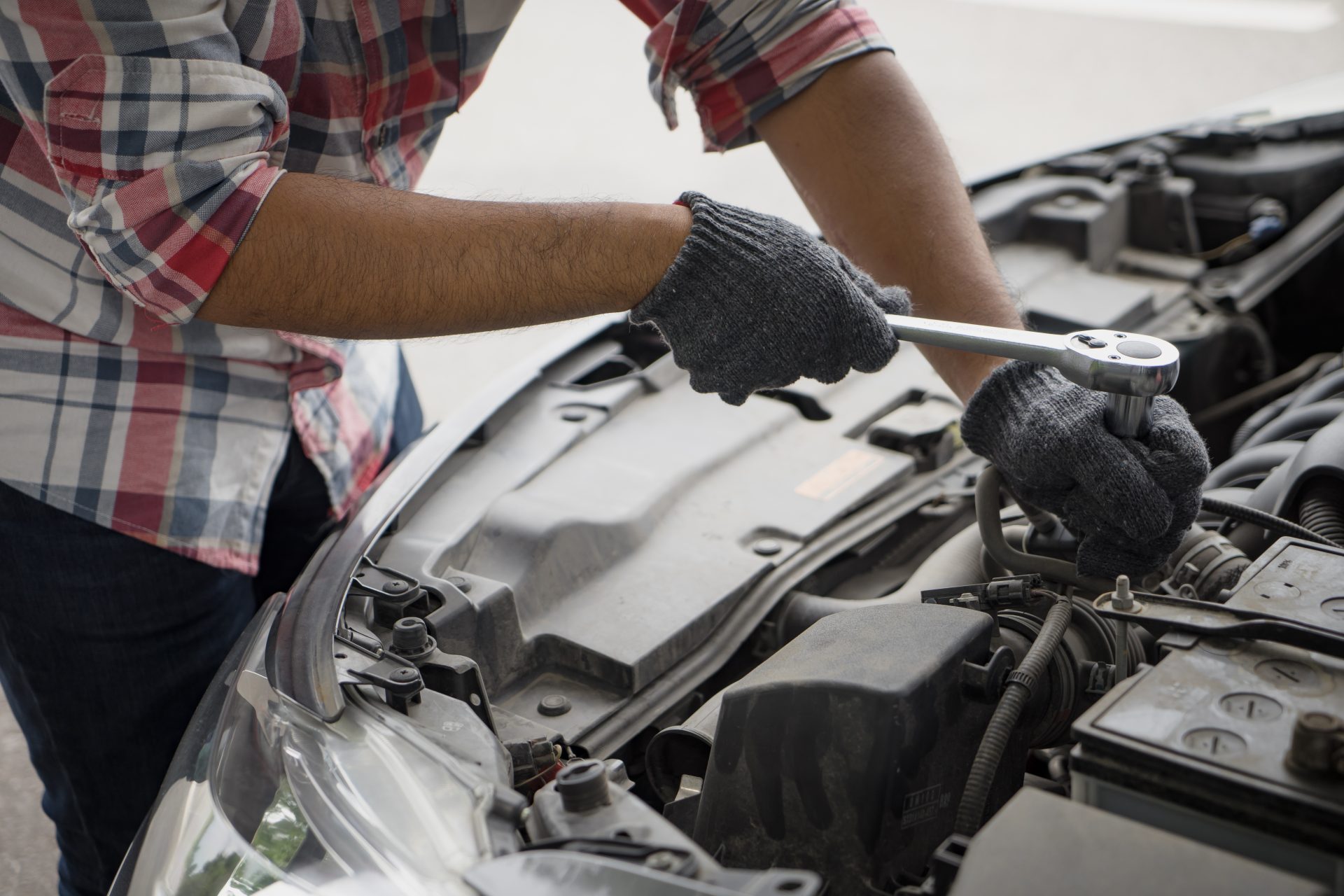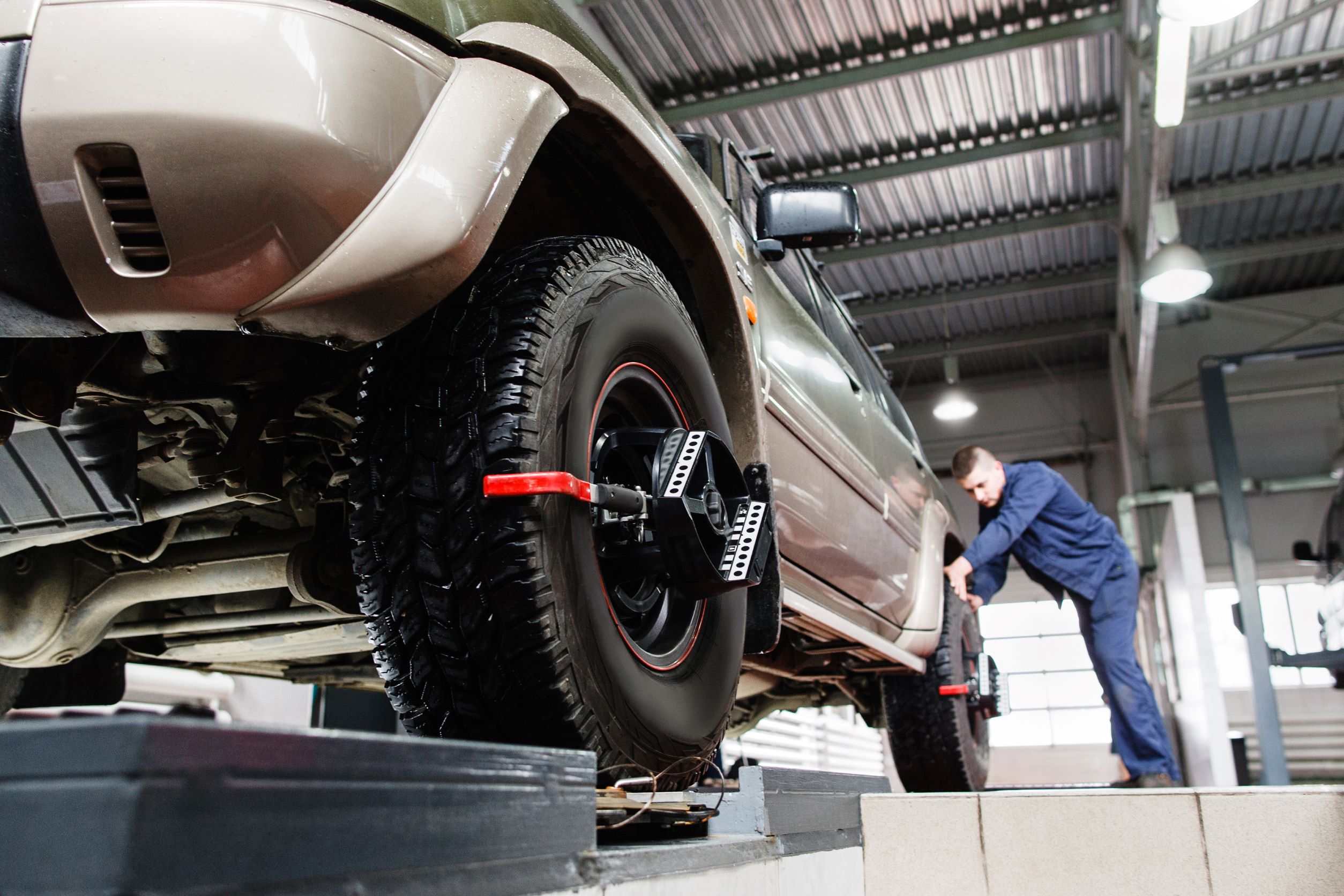Is your car giving you trouble? Maybe it’s not running as smoothly as it used to, or you’re noticing a drop in fuel economy. If so, it might be time for a tune-up.
Signs Your Car Needs a Tune-Up
A tune-up is a preventative maintenance service that can help keep your car running in tip-top shape. It typically involves replacing spark plugs, air filters, and other components that can wear out over time.
There are several signs that your car may need a tune-up. If you’re experiencing any of these, it’s best to take your car to a mechanic for a checkup.

How Can a Tune-Up Benefit My Car?
A tune-up can provide several benefits for your car, including:
- Improved fuel economy
- Reduced emissions
- Smoother running engine
- Extended engine life

Signs Your Car Needs a Tune-Up
Here are some of the most common signs that your car may need a tune-up:
- Your car is idling roughly.
- Your car is hesitating or stalling when you accelerate.
- Your car is getting worse gas mileage than usual.
- Your car is emitting excessive exhaust fumes.
- Your car’s engine is making unusual noises.

What Happens During a Tune-Up?
A typical tune-up will include the following services:
- Replacing spark plugs
- Replacing air filter
- Replacing fuel filter
- Cleaning the throttle body
- Inspecting and adjusting the timing belt

How Often Should I Get a Tune-Up?
The frequency of tune-ups depends on a number of factors, including the make and model of your car, the age and mileage, and your driving habits. However, most experts recommend getting a tune-up every 30,000 to 60,000 miles.

Tips for Getting the Most Out of Your Tune-Up
Here are a few tips for getting the most out of your tune-up:
- Find a reputable mechanic who specializes in your make and model of car.
- Ask for a written estimate before any work is done.
- Be prepared to leave your car at the mechanic’s shop for a few hours.
- Once you get your car back, be sure to drive it gently for the first few days to allow the new parts to break in.

What is the Average Cost of a Tune-Up?
The average cost of a tune-up varies depending on the make and model of your car, the parts that need to be replaced, and the location of the mechanic. However, most tune-ups will cost between $100 and $300.
Fun Facts About Tune-Ups
Here are a few fun facts about tune-ups:
- Tune-ups were originally called “adjustments”.
- The first tune-ups were performed on Model T Fords.
- Tune-ups are still important for modern cars, even though they are more technologically advanced.

How to Perform a Tune-Up Yourself
If you are a do-it-yourselfer, you can save money by performing a tune-up yourself. However, it is important to have the proper tools and knowledge before attempting a tune-up. Here are the steps on how to perform a tune-up yourself:
- Gather the necessary tools and parts.
- Remove the spark plugs.
- Replace the air filter.
- Replace the fuel filter.
- Clean the throttle body.
- Inspect and adjust the timing belt.
- Reinstall the spark plugs.
- Start the engine and check for any problems.

What Happens if I Ignore the Signs of a Needed Tune-Up?
Ignoring the signs of a needed tune-up can lead to a number of problems, including:
- Decreased fuel economy
- Increased emissions
- Engine damage
- Safety hazards
Listicle of Signs Your Car Needs a Tune-Up
Here is a listicle of the most common signs that your car needs a tune-up:
- Rough idling
- Hesitation or stalling when accelerating
- Decreased gas mileage
- Excessive exhaust fumes
- Unusual engine noises
FAQs About Tune-Ups
Here are some of the most frequently asked questions about tune-ups:
- How often should I get a tune-up? Most experts recommend getting a tune-up every 30,000 to 60,000 miles.
- How much does a tune-up cost? The average cost of a tune-up varies depending on the make and model of your car, the parts that need to be replaced, and the location of the mechanic. However, most tune-ups will cost between $100 and $300.
- Can I perform a tune-up myself? Yes, you can perform a tune-up yourself if you have the proper tools and knowledge. However, it is important to be careful and follow the instructions carefully.
- What happens if I ignore the signs of a needed tune-up? Ignoring the signs of a needed tune-up can lead to a number of problems, including decreased fuel economy, increased emissions, engine damage, and safety hazards.
Conclusion of Signs Your Car Needs a Tune Up
A tune-up is an important preventative maintenance service that can help keep your car running in tip-top shape. By following the tips in this article, you can get the most out of your tune-up and keep your car running smoothly for years to come.
